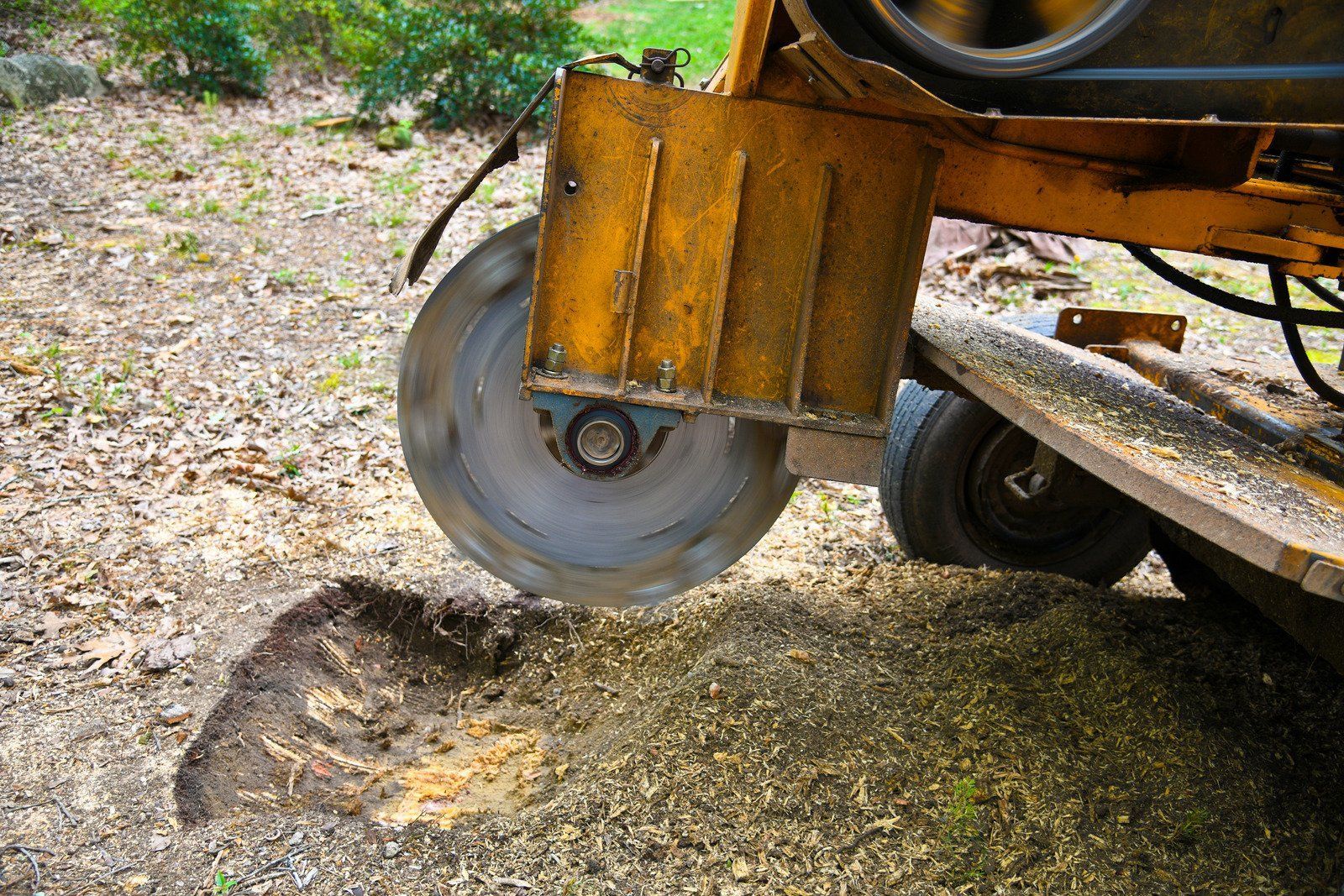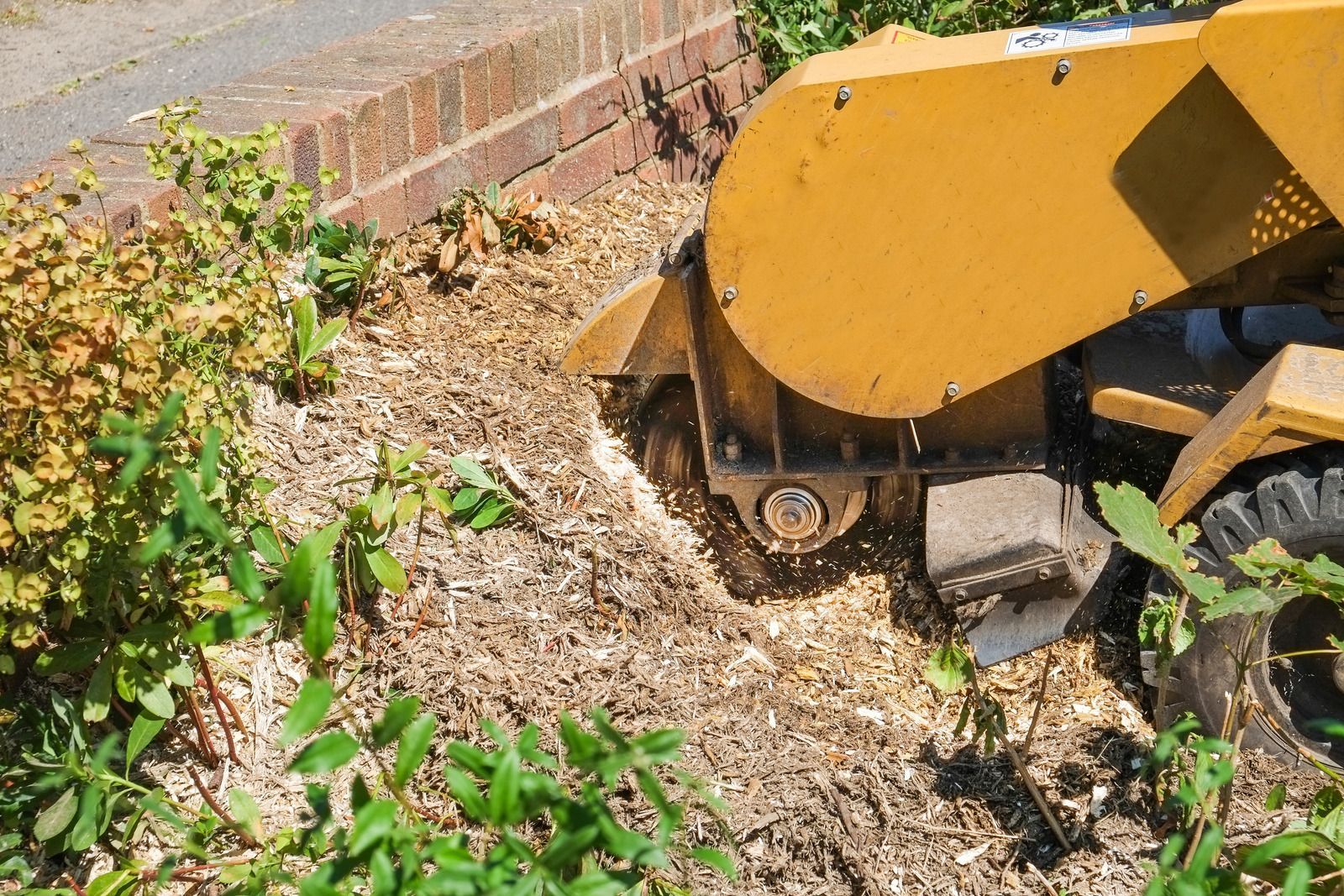Beyond Watering: Advanced Techniques for Ensuring Plant Wellness
Plants bring many benefits, from improving air quality to elevating our mood. While watering is fundamental to plant care, achieving optimal plant wellness requires a more holistic approach. Discuss here some advanced techniques that can ensure your green friends are not just surviving but thriving.
1. Soil Analysis: Know What You're Working With
Before diving into fertilizers and enhancements, it's essential to understand your soil. A soil test can reveal nutrient levels, pH balance, and other critical factors. By tailoring your care based on soil needs, you set a foundation for plant wellness.
2. Pruning: The Art of Trimming
Not all growth is good growth. Overgrown branches can overshadow younger shoots, and diseased leaves can spread contamination. Regular pruning helps manage unwanted growth, directing a plant's energy to areas that benefit most.
3. Companion Planting: Plants Have Friends Too!
Some plants naturally complement one another, offering benefits like pest deterrence or mutual growth enhancement. By understanding these relationships, you can curate a garden where plants support each other's wellness.
4. Natural Pesticides: Protecting Without Harm
While chemical pesticides can be effective, they often have environmental and health concerns. Natural alternatives, like neem oil or diatomaceous earth, can deter pests without introducing harmful toxins.
5. Mulching: More Than Just Decor
Mulch does more than give gardens a finished look. It regulates soil temperature, retains moisture, and prevents weed growth. Whether organic, like bark or straw, or inorganic, like stones or fabric, the right mulch can elevate plant wellness.
6. Proper Potting: Room to Grow
If potting indoor plants or those in restricted outdoor spaces, the pot's size and material matter. Ensure there's enough room for roots to grow and breathe. Overcrowded roots can stifle growth and affect nutrient absorption.
7. Hydroponics: Soil-less Gardening
Going beyond traditional soil cultivation, hydroponics involves growing plants in nutrient-rich water. This method offers controlled nutrient delivery, faster growth rates, and a solution for spaces unsuitable for soil gardening.
8. Bio-stimulants: Boosting Plant Performance
Bio-stimulants, like seaweed extracts or compost teas, enhance plant health and growth. They improve nutrient absorption, stimulate beneficial microorganisms, and increase plant resilience against stressors.
9. Light Management: Mimicking Natural Rhythms
Especially vital for indoor plants, understanding a plant's light needs is crucial. Too much can scorch them, while too little can lead to weak growth. If natural light is insufficient, consider LED grow lights that can be tailored to a plant's specific needs.
10. Monitoring and Feedback: Listening to Your Plants
Invest in technology like moisture meters, pH testers, or even plant monitoring apps. These tools provide insights into a plant's environment, helping you adjust care routines based on real-time feedback.
Plant care is a rewarding journey that goes well beyond regular watering. By incorporating advanced techniques, we ensure our plants' wellness and deepen our connection with nature. As we nurture our plants with informed care, they, in turn, reward us with their vibrant health and beauty.



